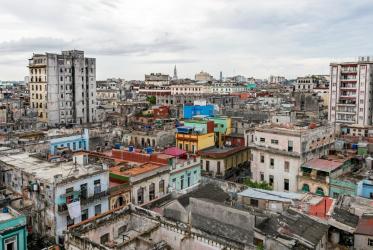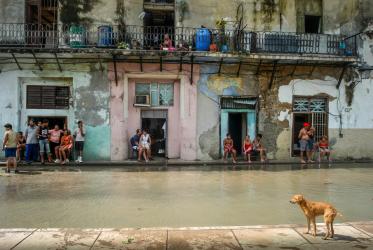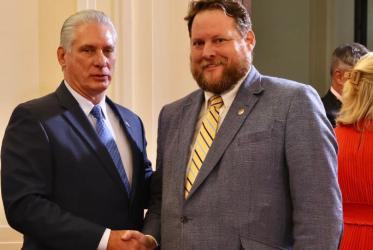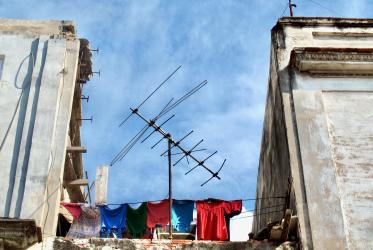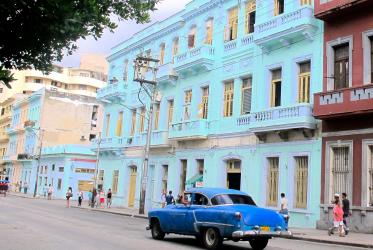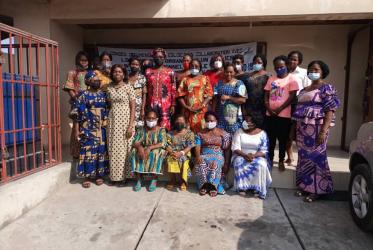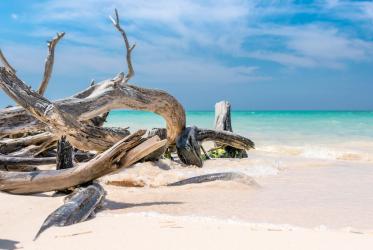Displaying 1 - 20 of 20
WCC prays for Caribbean region in wake of strong earthquake
31 January 2020
Diakonia: “a tool to reach abundance of life”
24 July 2018
Seven weeks of Lent highlight water justice in Latin America
12 February 2018
Applications open for WCC Eco-School
10 May 2017
Youth engagement fundamental to HIV response
18 April 2017
WCC greets new general secretary of CLAI
07 August 2015
Church leaders affirm Cuban religious reforms
09 July 2013
